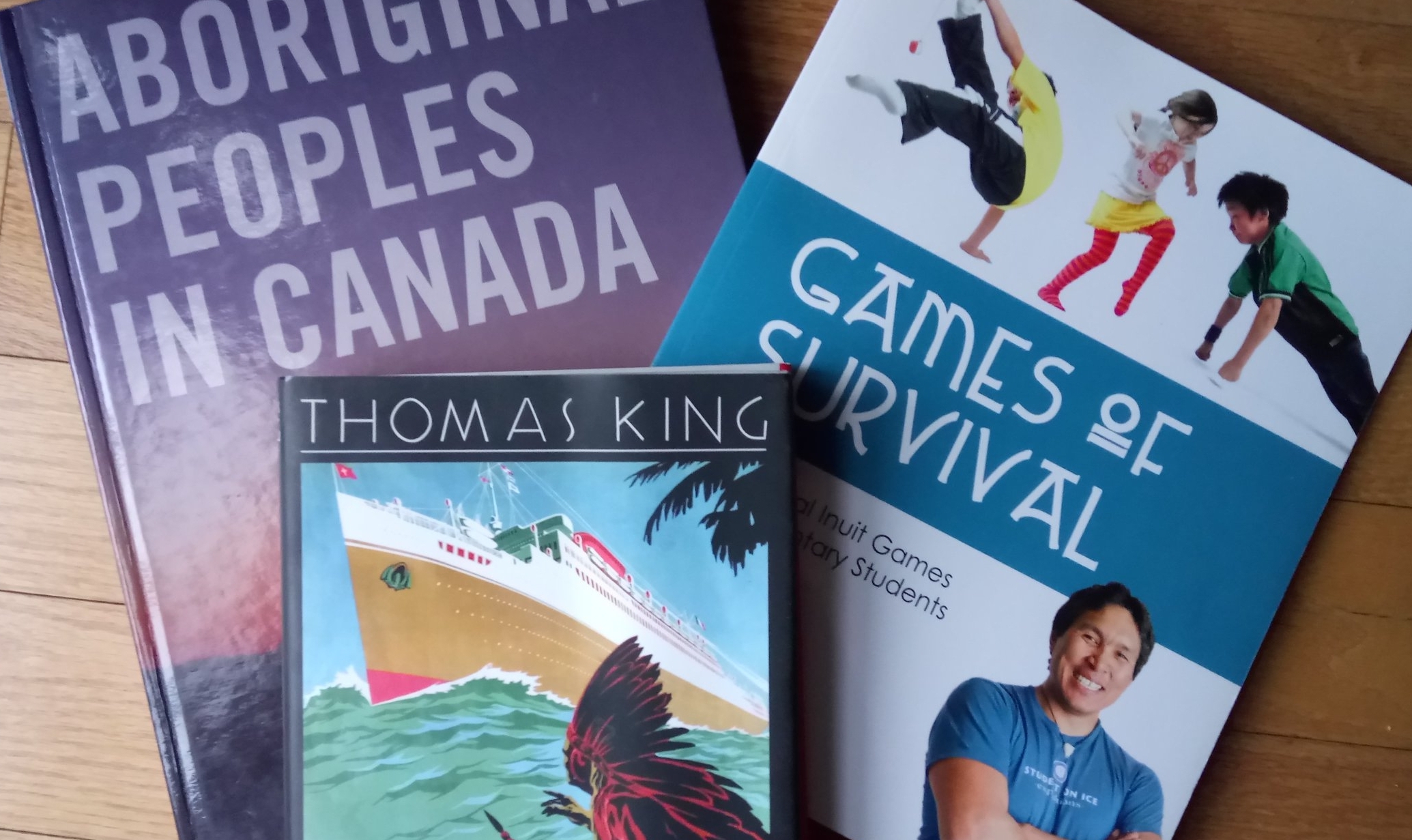In June 2019 the Inquiry into Missing and Murdered Indigenous Women and Girls concluded that past and present policies and actions enacted by the Canadian government, institutions, and individual Canadians towards Indigenous women and girls amounted to Genocide. In 2015, the Truth and Reconciliation Commission concluded that the Indian Residential School System was an act of Cultural Genocide.
At what age is it appropriate to begin teaching about genocide? What are effective strategies, tools, and resources that I can incorporate into my classroom? Why is there a debate about the use of the term Genocide as it relates to events in Canada? How do I address students, colleagues and other community members who resist using the term?
In the next installment of the Kikinoo'amaagoowin Webinar series,we convene a panel discussion with Carmen Rodriguez de France from the University of Victoria and Jasmine Wong from Facing History Canada. The webinar will take place on October 23rd at 7pm EST.
You will learn:
More about the definition and usage of the term Genocide
Strategies and resources available for teaching about it, and historical and current actions that contribute to it in Canada
How to respond to the resistance of others
You will also get a chance to ask questions! We hope you will join us for this important discussion!
Our panelists:
Carmen Rodriguez de France has been a grateful visitor on the land of the Coast Salish and Straits Salish people for over 20 years. She was born and raised in Monterrey, México, and part of her heritage is from the Kickapoo nation in North-eastern Mexico. Carmen feels privileged to be a member of the Department of Indigenous Education in the Faculty of Education at the University of Victoria where she arrived as an international student in 1996, graduating with her Master’s and Doctoral degrees from the same Faculty where she now works.
Carmen facilitates courses on Indigenous education, knowledge, and ways of knowing, and collaborates with other programs across campus such as Social Justice and the Latin American Studies Program. Her career in education spans thirty-five years working as a school teacher, and most recently with pre-service teachers, and Indigenous children, youth, and adults in diverse educational contexts. Some of those experiences have been captured as publications, poetry, stories, and other forms of documentation.
Jasmine Wong is a senior program associate with Facing History and Ourselves, where she facilitates and supports teacher professional learning and development with educators across Canada. Prior to her work with Facing History and Ourselves, Jasmine was a classroom teacher. She earned her M.A. in Education Policy, Organization and Leadership Studies at Stanford University, and her B.Ed. from the Ontario Institute for Studies in Education.
